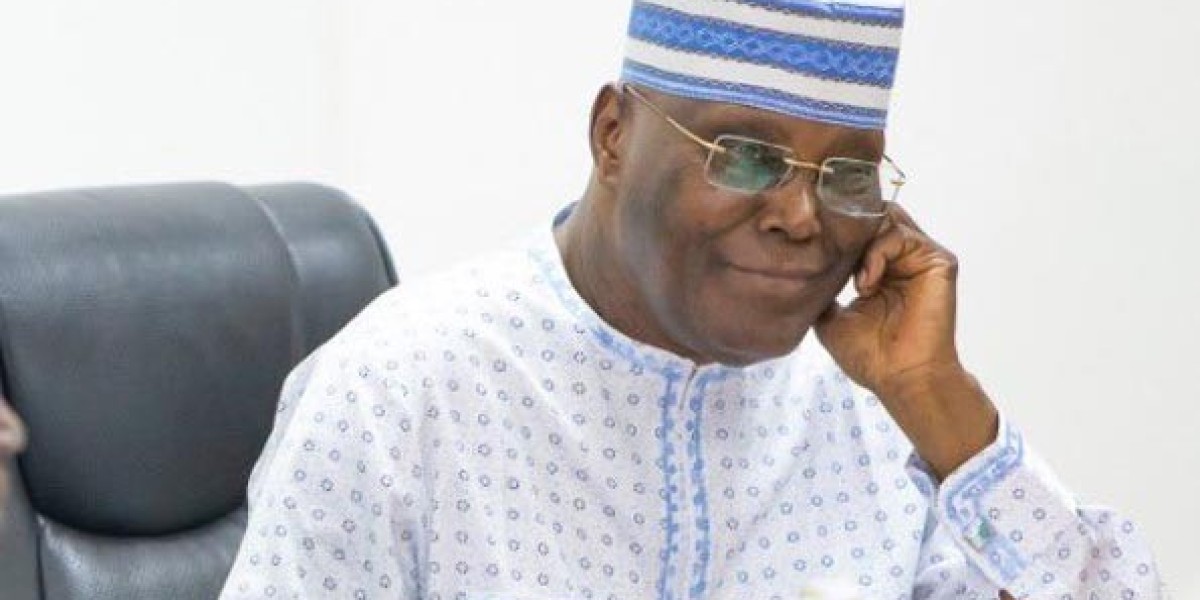In a bold critique, Usman Abubakar has raised serious concerns about the Kogi State House of Assembly's recent call for the removal of EFCC Chairman Ola Olukoyede. Abubakar questions whether the Assembly’s demand is genuinely rooted in the best interests of Kogi State and Nigeria or if it is driven by personal and political motives.
What’s Really Behind the Demand?
According to Abubakar, the timing of the Assembly’s resolution is questionable, especially as it coincides with the EFCC’s ongoing investigations into the financial dealings of former Governor Yahaya Bello’s administration. He wonders if the call for Olukoyede’s removal is merely a strategy to obstruct these investigations and protect influential figures from potential legal consequences.
“Is this about justice for the people of Kogi, or is it about shielding certain individuals from scrutiny?” Abubakar asks. “The Assembly’s actions seem more focused on defending political allies rather than ensuring accountability and transparency.”
Political Loyalty or Public Interest?
Abubakar emphasizes that the legislators should be prioritizing the welfare and development of Kogi State rather than rallying behind a few individuals. He argues that the fervent defense of former Governor Bello and the current administration suggests a troubling level of personal loyalty that overshadows their duty to the people.
“The Kogi Assembly’s primary responsibility is to the citizens, not to any particular politician,” Abubakar states. “Their focus should be on how to develop the state and improve the lives of the people, not on undermining the work of an anti-corruption agency.”
Is This a Distraction from Real Issues?
Abubakar also highlights that the Assembly’s move could be a distraction from more pressing issues in the state. He points out that Kogi still faces significant challenges in terms of development, infrastructure, and social services. Rather than engaging in a political battle with the EFCC, he believes the lawmakers should concentrate on addressing these core issues.
“While they are busy fighting the EFCC, the people of Kogi are still dealing with poor infrastructure, inadequate healthcare, and a struggling economy,” Abubakar says. “Is this really the kind of leadership that the people deserve?”
Calls for Transparency and Fairness
While acknowledging that the EFCC should operate impartially and without political influence, Abubakar argues that the best way to handle allegations of misconduct is through a transparent investigation, not by demanding the removal of the Chairman. He urges the Assembly to support a thorough and unbiased inquiry into any claims of wrongdoing, both by the EFCC and the state government.
“If the Assembly believes there has been an abuse of power, they should push for an independent investigation,” he suggests. “Simply calling for the Chairman’s dismissal without proper evidence only serves to erode public trust and distract from the real issues at hand.”
A Call for Genuine Leadership
Abubakar concludes by calling on the Kogi Assembly to demonstrate genuine leadership and accountability. He believes that the lawmakers should focus on fostering an environment where transparency and good governance are prioritized over personal and political interests.
“The people of Kogi State deserve a government that works for them, not one that is embroiled in political power struggles,” Abubakar asserts. “If the Assembly truly wants to serve the people, they must focus on development, transparency, and the rule of law.”
As this controversy unfolds, Usman Abubakar’s critique serves as a reminder that the actions of the Kogi Assembly should be closely scrutinized. The people of Kogi and Nigeria deserve leaders who are committed to the public good, not just their personal agendas.



